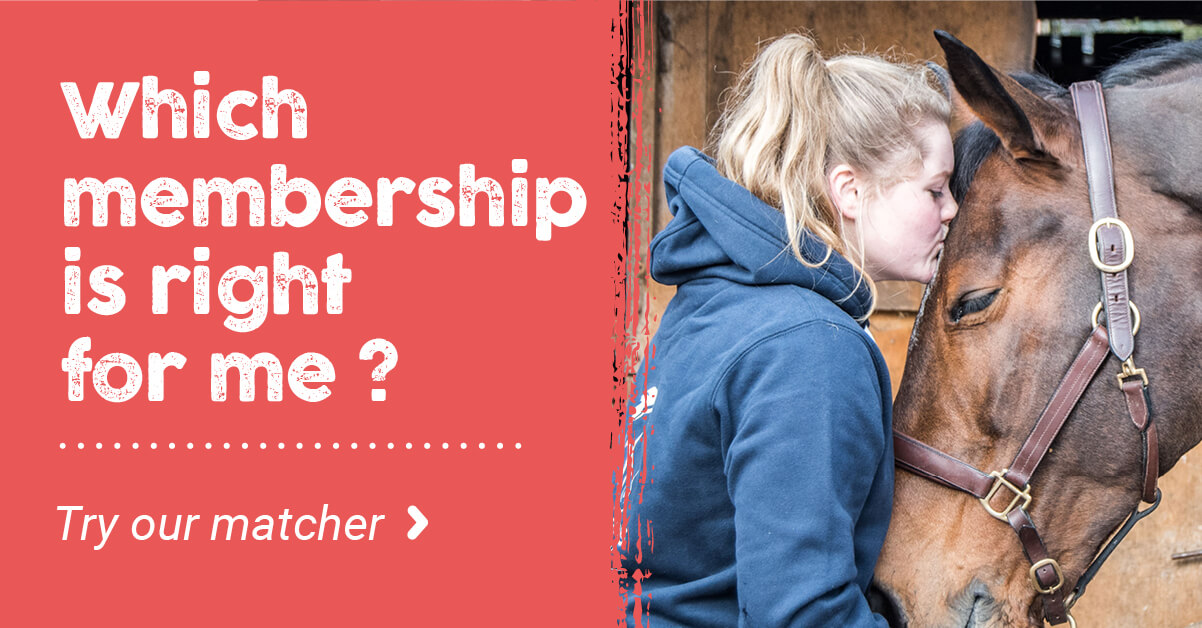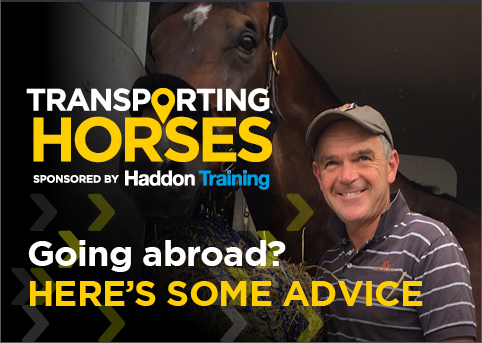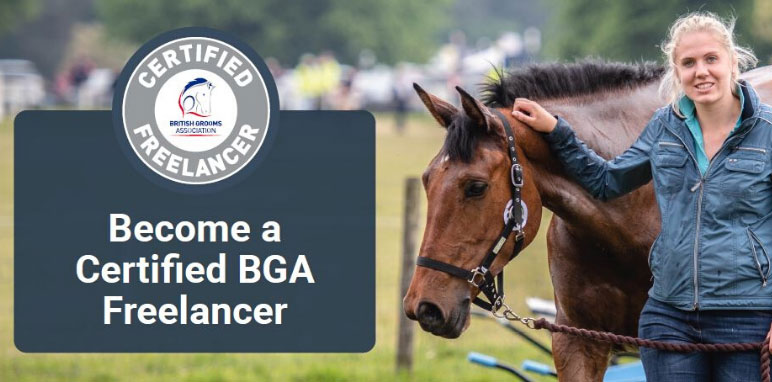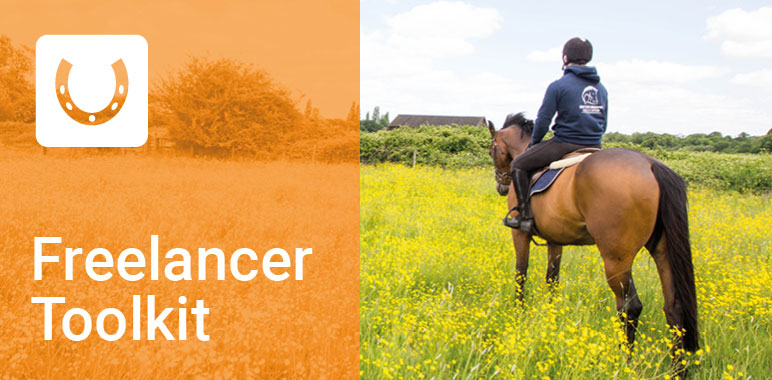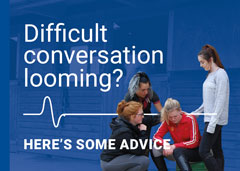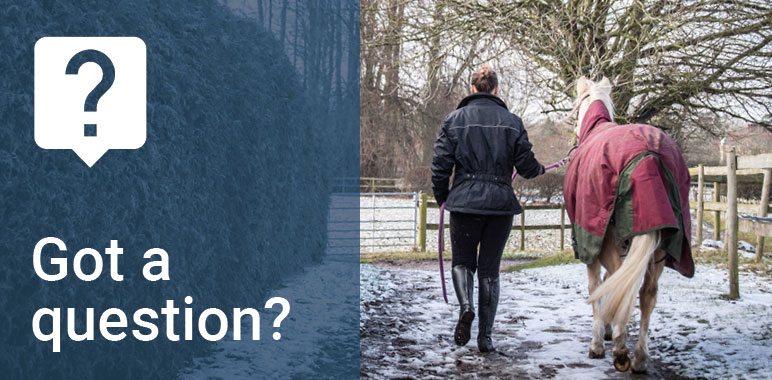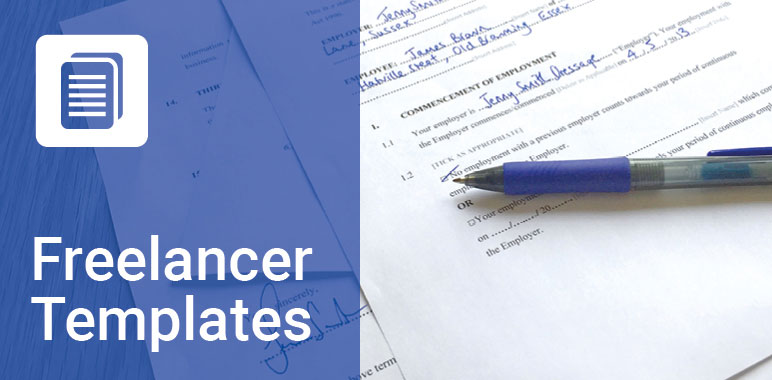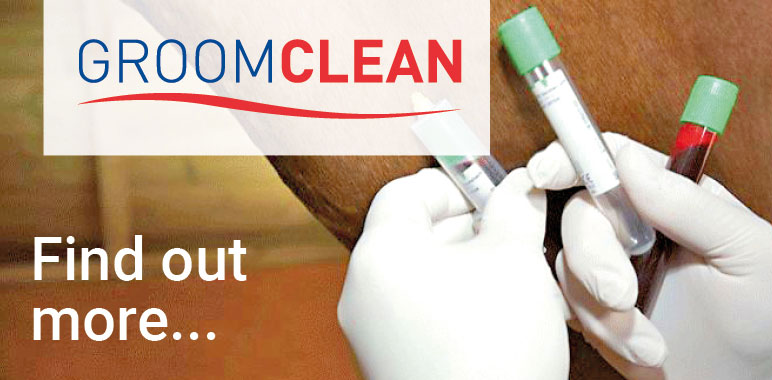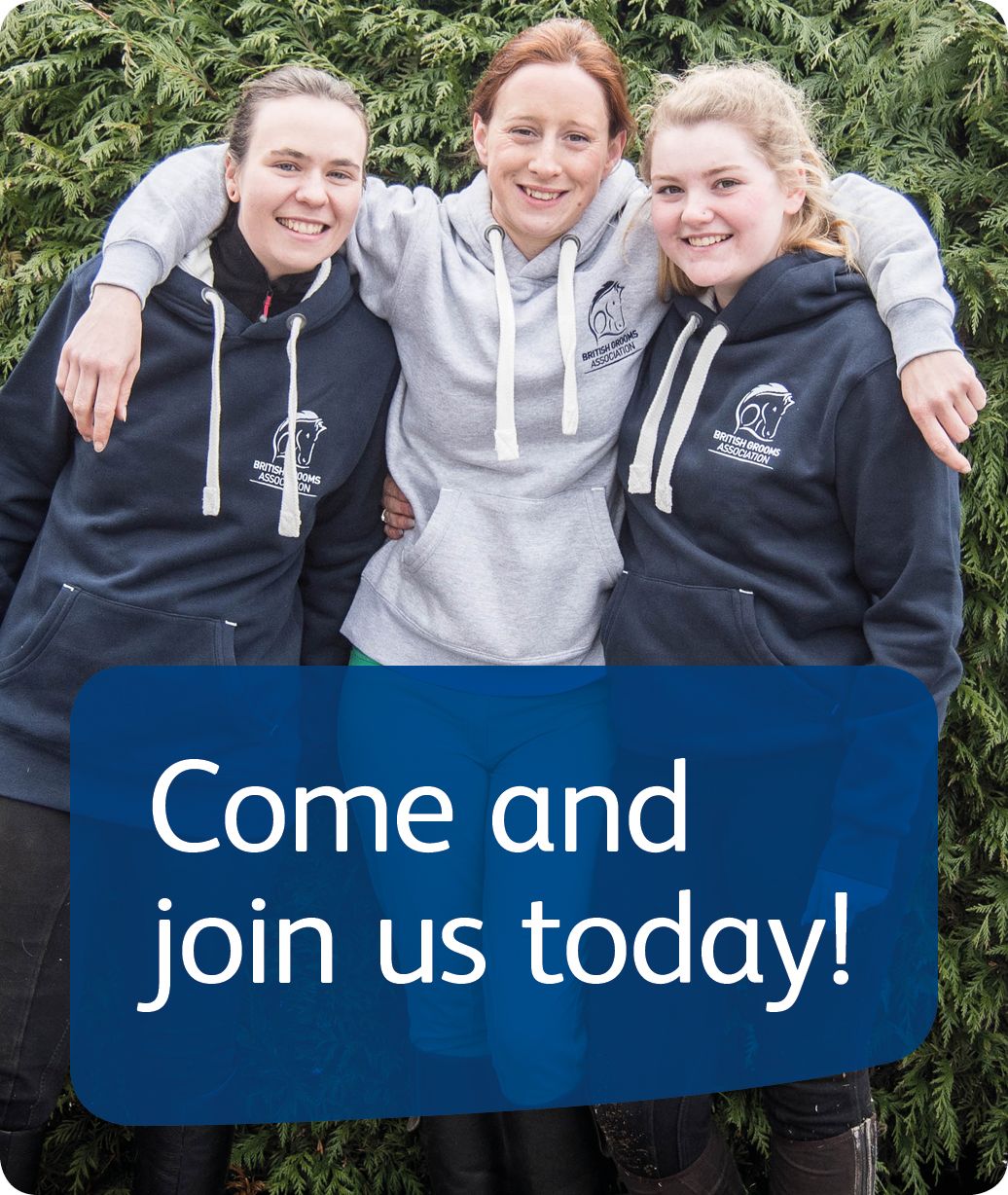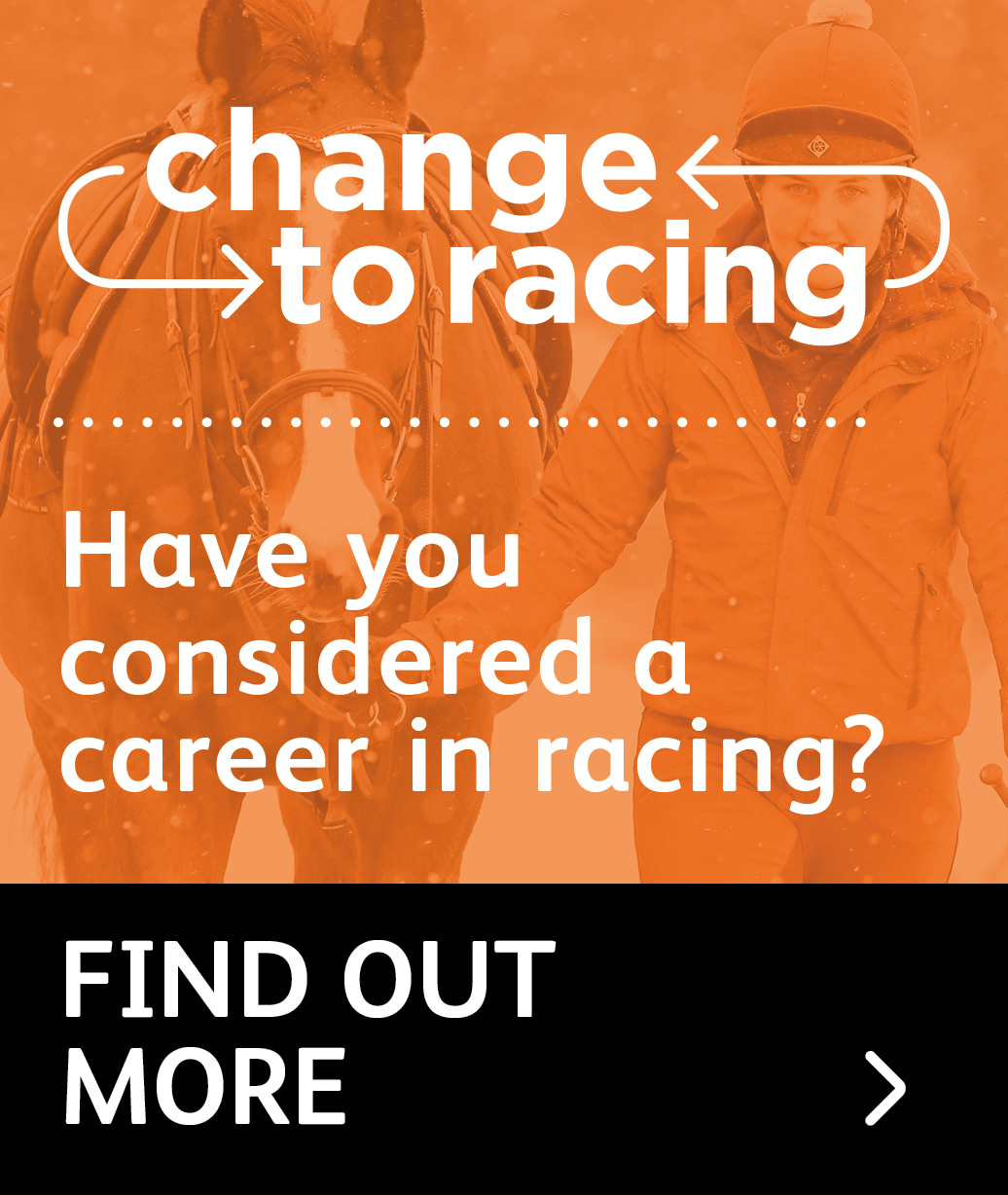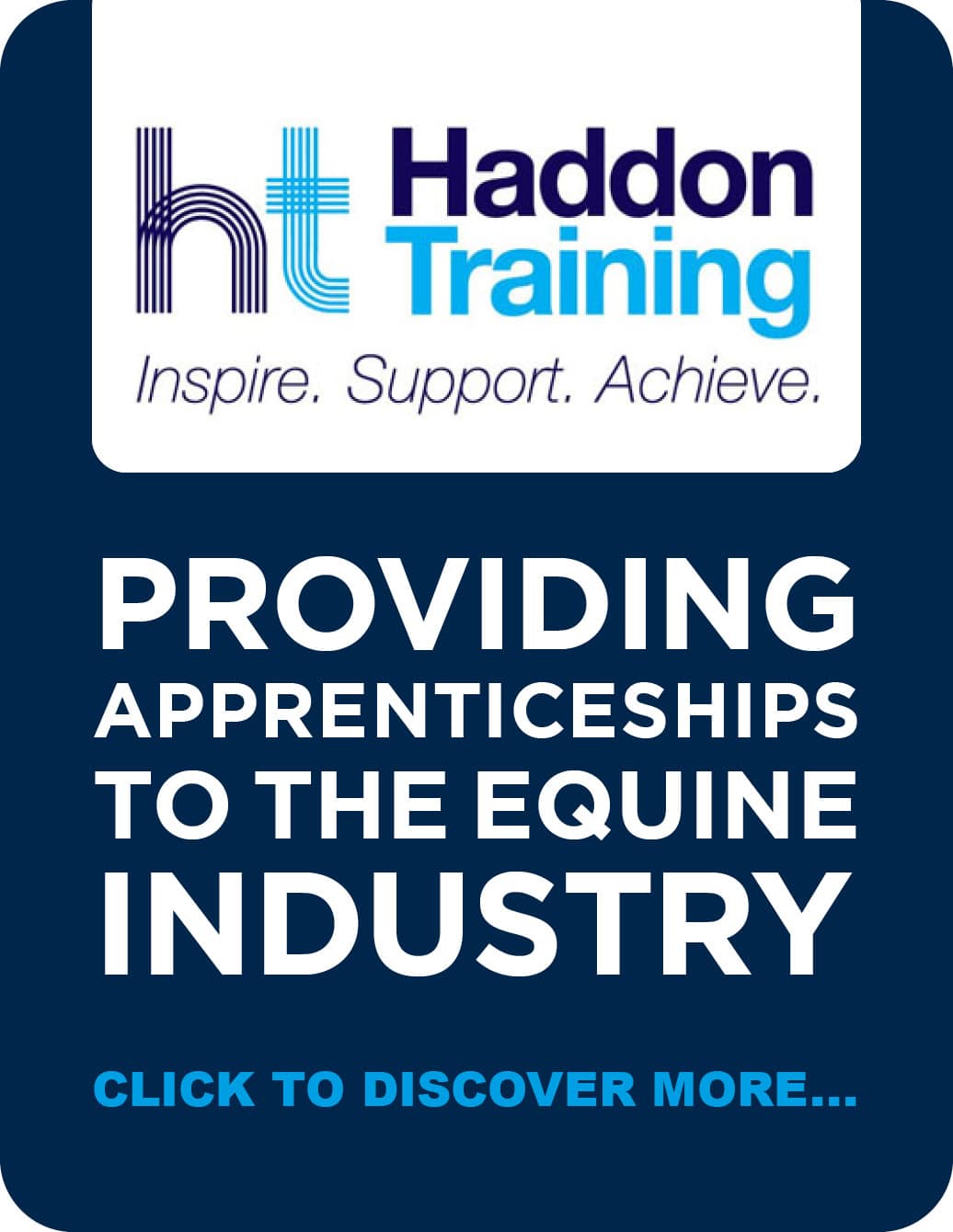- Join Now
- Login
- Member Zone
- Your Career
- Freelancing
- International Grooms Association
- BGA Training
- Healthy Yard Healthy Horses
- Transporting horses
- Brexit
- Safe workplace
- Student Zone
- Member Discounts
- BG Magazine
- Member services
- Training & Careers
- BGA CV Creator
- Horse groom training
- Where to Train
- BGA E Learning
- Career choices
- Change to Racing
- First Aid training for grooms
- Parents
- Grooms Jobs
- Grooms Life
- About
- News
- Contact

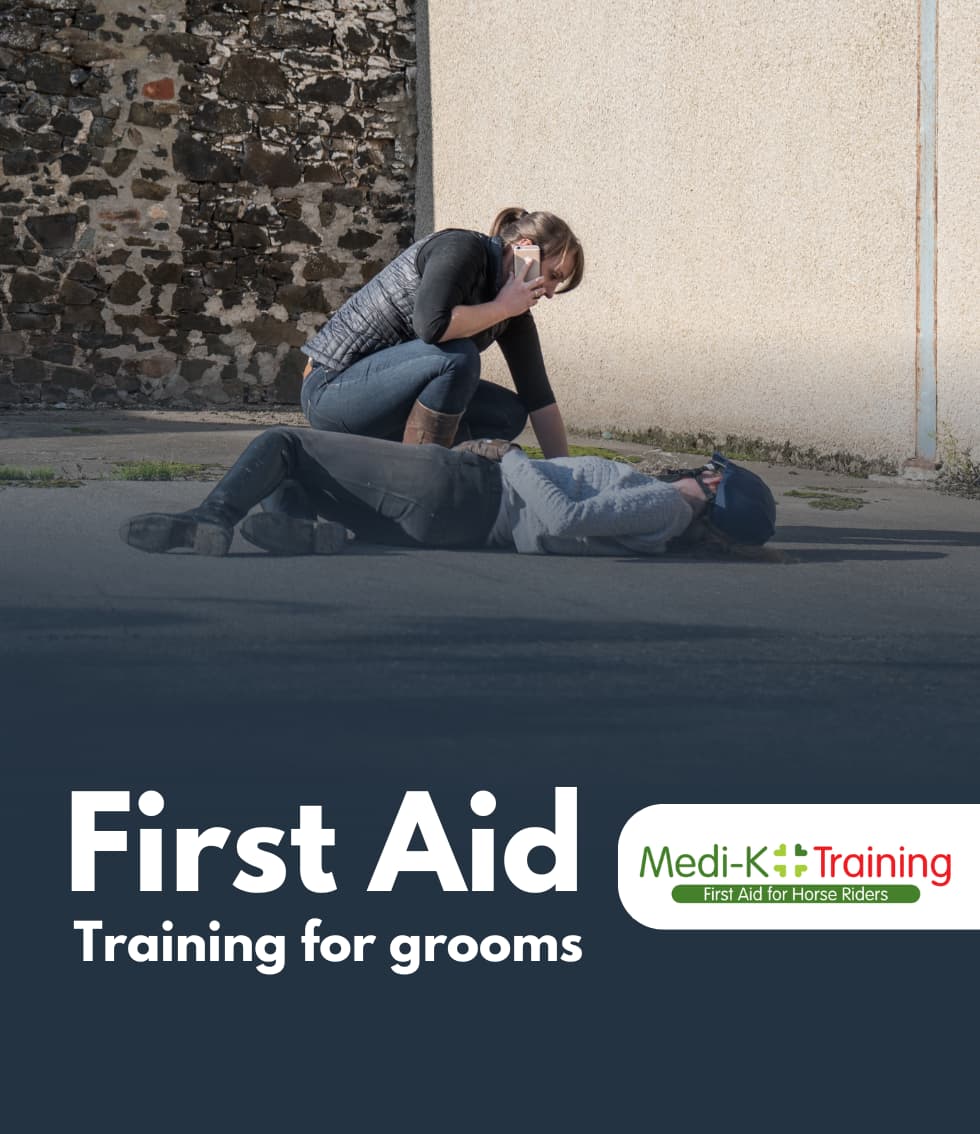
First Aid Training for grooms
Although not an essential requirement for grooms, being first aid trained is a valuable life skill that can often be used almost daily, whether that is in or around the stables, or in everyday life away from the yard.
Being first aid qualified is an important part of a career in equestrianism.
first aid training options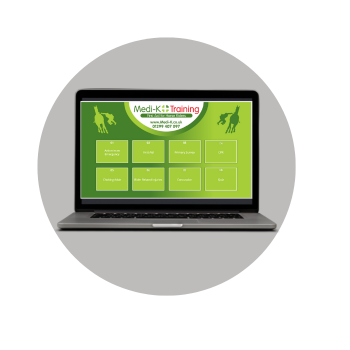
The BGA offers a free introductory online first aid course to members on our website.
Created in partnership with Medi-K Training (part of the First Aid Training Co-operative) this taster course gives an overview of basic life-saving techniques and is time well spent.
To be properly trained though, you should consider doing a certificated course. These recognised qualifications are transferable to any workplace. They are indeed required by various National Governing Bodies in the equestrian sector to work in different roles outside of grooming.
About the certificated courses
Two main courses are available, based on the perceived hazards of the work you are involved in.
Emergency First Aid at Work. A 6-hour course completed in one day and trains you in fundamental life-saving emergencies, suitable for a low-hazard environment. It is required to work as an equine vet or farrier, and also by British Dressage, British Riding Club, The Pony Club, the RDA, and others.
First Aid at Work. An 18-hour course done over three days, and trains you in the same fundamental life-saving emergencies, plus managing traumatic injuries and medical emergencies. It is suitable for a high-hazard environment and is required to work with British Eventing, The British Horse Society, British Show Jumping, The Association of British Riding Schools, and to be a UKCC coach at Level 2 or above.
is there a BGA discount price?
There is a £10 discount for BGA members. Simply give your membership number when booking onto a course.
Are they relevant to equestrians?
Both of these courses are run by the First Aid Training Co-operative with an extra ‘+ Equestrian’ module added in.
This makes the standard courses much more relevant to the equestrian world and includes training on how to manage body and head protection, and other common equestrian concerns.
Will first aid training benefit my career?
Holding a certificate as a qualified first aider is a transferable skill that helps to demonstrate that you are a professional who cares for those around you. It will form part of the set of qualifications required to build a varied career in the equestrian sector.
Become a First Aid Trainer
You might even consider becoming an Equestrian First Aid Trainer yourself and blending your work as a groom with that of teaching life-saving skills; this is a great supplement of work for those grooms who work freelance.
The First Aid Training Co-operative run an extensive training programme and provides full support for suitable candidates, you can find out more about their Trainer Induction Programme here.
Discover all first aid training options at www.fatc.uk/equestrian
Join the BGA
If you are serious about having a career with horses and undertaking some formal equestrian training, then the first step is to belong to your professional association - the British Grooms Association (BGA)
Join today as a Standard Member for just £27.50 and belong alongside 1000s of grooms.
What the personal accident policy covers you for:
- Whilst at work
- All stable duties – mucking out, grooming, washing off, turning out
- Clipping
- Riding – including hacking and jumping
- Hunting
- Lunging
- Breaking in
- Holding horse for a vet and other procedures
- Travelling horses both in the UK and abroad
- Competing in line with your job including: jumping, dressage, eventing
- Injuries that may happen to you whilst you are teaching - but you must also be grooming as part of your duties and not be a sole instructor
What the personal accident policy doesn’t cover you for:
- Riding in a race, point to point or team chase
- Stunt Riding
- Accidents occurring whilst travelling to and from work
- Riding and competing your own horse (but you can upgrade when applying for membership to include this)
- Public Liability – this is a separate insurance policy - the Freelance Groom Liability Insurance
- Care Custody and Control – this is a separate policy - the Freelance Groom Liability Insurance
If you require additional cover then please contact KBIS directly.
| GROOM | RIDER | EMPLOYER | |
|
When you are working for other people you do most of the following; muck out, turn out/catch in, tack up, groom horses, exercise Horses (including hacking, jumping and schooling), in the care of your employer/client. |
|
|
|
| Predominantly ride horses for other people including schooling, exercising and competing. | NO |
YES |
YES |
| Provide grooming services for someone else either full time or on a freelance basis i.e. an employer or a client. | YES |
NO |
NO |
| Employ staff – have an employers liability policy in your name | NO | NO | YES |
| Buy and sell horses | NO | YES | YES |


